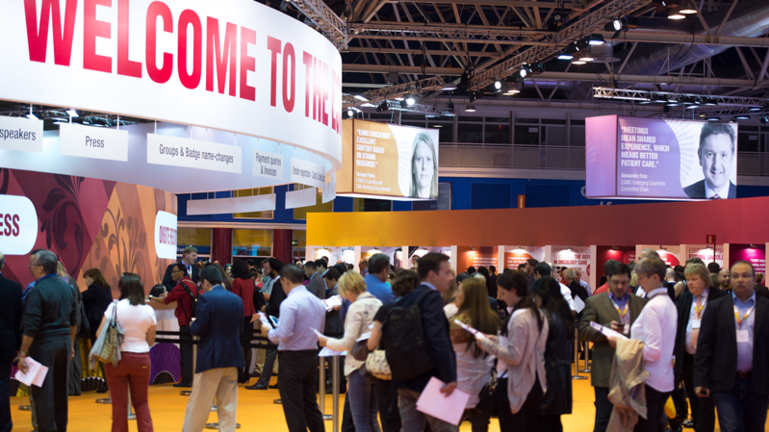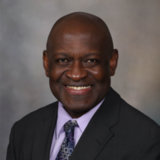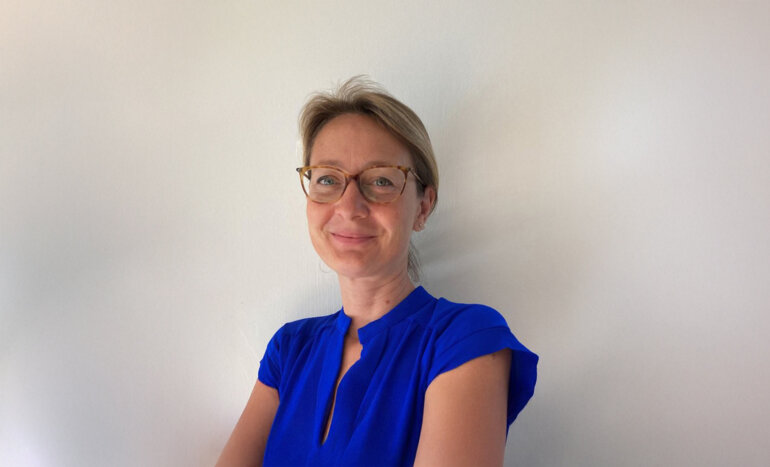Ensuring equitable access to innovative treatments is now the major challenge in oncology, says Prof. Alex Adjei
In his lecture, ‘Flying Blind – An Odyssey in Oncology Drug Development’, recipient of the ESMO Lifetime Achievement Award 2021, Prof. Alex Adjei from Mayo Clinic, Rochester, Minnesota, USA, reflects on experiences from a career in early-phase trials and how technology has stimulated oncology drug development.
What do you think have been the most important or impactful changes in cancer drug development in recent times?
Understanding the mechanisms responsible for cancer development and growth has led to enormous strides in improving drug development compared with what we were doing just 20 years ago. Then, the process was empirical: an agent that showed activity in animal models would progress into clinical testing, even though we did not really understand how it was working. This is the ‘flying blind’ I refer to in my lecture. Today, we have progressed to a more hypothesis-driven, rational design of studies with agents that can act at specific molecular targets. It is worth noting that the technological revolution we have been witnessing over the last few decades has been instrumental in driving this drug development. The change in this approach to testing has not only led to the shift we have seen in the emergence of treatments aimed at specific molecular targets, it has also probably halved the time taken for an agent to move from phase I trials to regulatory approval – from 10 years to 5 years.
How do you foresee the odyssey of drug development evolving so we are no longer ‘flying blind’?
I think that there are two parallel paths ahead. One concerns rational development of therapeutics, based generally on genomics and using quantifiable discrete markers. The other path relates to immunotherapy, with its much more complex biology, and here I think progress will be slower. Our incomplete understanding of tumour immunology and immunotherapy means that we are reverting more to empiric testing – muddling our way through, if you like – much the same as we did with chemotherapy 20 years ago. And the great potential gains to be made with a successful immunotherapy agent means that there is considerable industry competition within the field, which leads inevitably to waste through duplication of clinical studies with similar compounds.
What do you hope to achieve in the rest of your career to advance drug development?
I am incredibly passionate about the high cost of oncology drugs and the associated inequity in access to them between countries. By and large, the fantastic new treatments we see being introduced, such as immunotherapy, are generally available only to patients in North America, Western Europe and some parts of Asia. I do not have a solution to this problem, but I think that we all – the healthcare community, cancer societies, governments and the pharmaceutical industry – need to work together to try to find one. ESMO, with its Magnitude of Clinical Benefit Scale, has gone some way to addressing the issue by helping to determine the cost-effectiveness of agents. I would like to see more initiatives that could help to provide more equitable access to innovative cancer therapies for our patients across the globe.
Adjei AA. ESMO Lifetime Achievement Award 2021 Lecture. ESMO Congress 2021
Flying Blind – An odyssey in oncology drug development, 17.09.2021, h. 12:45 – 13:15, Channel 4







